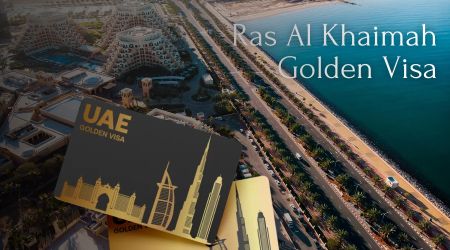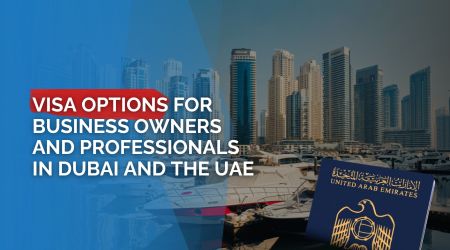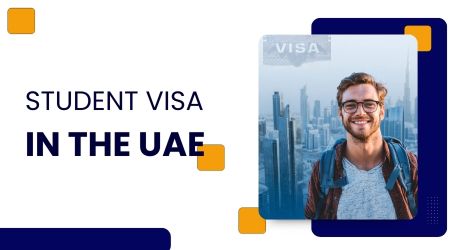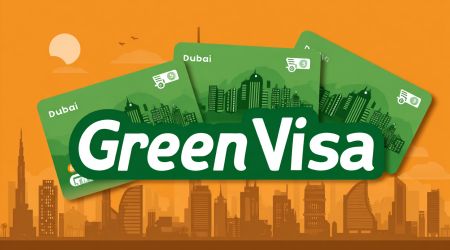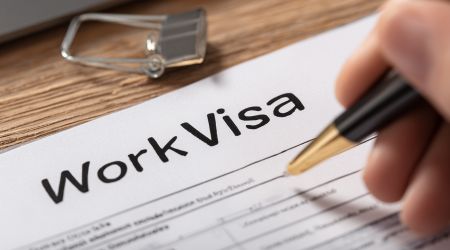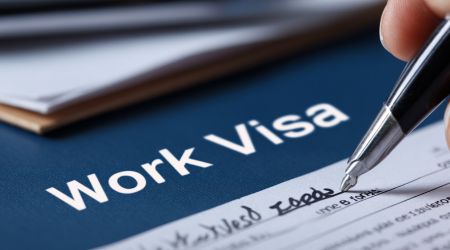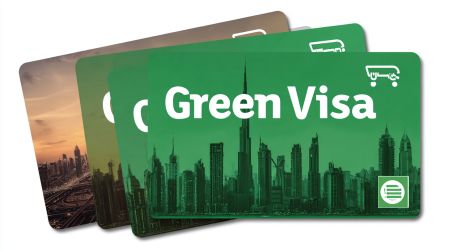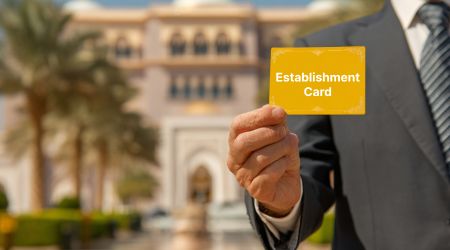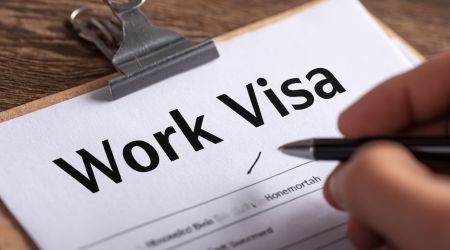Getting a UAE residence visa is more than just paperwork — it’s the key to living, working, and investing legally in the Emirates. Whether you’re moving for business, employment, or to settle with family, having the right guidance helps you avoid delays and enjoy a smooth start to your life in the UAE.
What are UAE residence visa services?
A UAE residence visa isn’t just paperwork — it’s the pass that lets you live, work, and open a bank account here. The services that handle this walk you through the whole thing: collecting documents, filing the application with GDRFA or ICP, getting the medical done, and finishing with visa stamping.
Instead of guessing what comes next, you have someone telling you, “okay, now we go here, now we sign this.” It keeps things moving and saves you from running into problems halfway through.
How can you apply for UAE residence?
It’s not hard, but there’s a rhythm to it. Miss a beat and you’re stuck redoing things.
Step 1: Preparing documents
Start by pulling together the basics — passport, a fresh photo, and whatever proves you qualify: job offer, business license, property papers. If they’re from outside the UAE, get them stamped or attested before you fly in. Saves you a headache later.
Step 2: Submitting the application
With your papers ready, the next move is filing through GDRFA if you’re in Dubai or the ICP system if you’re elsewhere. This is also when you book the medical check and get your fingerprints done for the Emirates ID. Timing matters here — miss your slot and everything stalls.
Step 3: Receiving approval and visa stamping
Once you clear the medical, the approval comes through and the visa gets stamped — usually digital now. After that, your Emirates ID is printed and you’re officially a resident. That’s when you can open a bank account, sponsor family, and sign a lease without anyone asking questions.
What documents are needed for a UAE residence visa?
You don’t need a mountain of paperwork, but you do need the right pieces, or the process stops cold. At minimum, you’ll need: your passport with enough validity left on it, a passport-style photo, and the document that proves why you’re applying — a job contract, a company license, or title deed.
If you’re bringing family, add marriage or birth certificates (attested if they were issued abroad). And don’t forget health insurance — in most emirates, you can’t get the visa stamped without it. Having everything ready before applying saves weeks of back-and-forth.
What are the benefits of UAE residence for investors, employees, and families?
A UAE residence visa opens doors that a tourist visa simply doesn’t. Investors get the ability to own and operate a company, sign long-term leases, and open corporate bank accounts. Employees can work legally and sponsor dependents, which means they can bring spouses or kids to live with them.
For families, residence makes life simpler — enrolling children in school, signing rental agreements, and even setting up utilities becomes straightforward. It also allows access to healthcare and government services. In short, it turns the UAE from a place you visit into a place where you can actually build a life.
How do residence support and legal services help applicants?
Having someone guide you through the process takes the stress out of moving or staying in the UAE. It’s not just about filling out forms — it’s about avoiding mistakes that waste time and money.
Residency support for individuals and families
Support teams handle the practical parts: gathering the right papers, booking medical tests, tracking application status, and following up with GDRFA or ICP when things slow down. If you’re bringing family, they prepare the dependent visas and make sure everyone’s applications line up so no one is left waiting.
Legal support for business needs
For investors and company owners, legal support services go beyond the visa. They check that your company structure matches visa eligibility, help with partner or shareholder resolutions if you’re sponsoring employees, and make sure you’re in line with labor and immigration rules. It’s the kind of help that keeps your business running smoothly while staying compliant.
Why use professional residence and legal support services in the UAE?
You can go through the visa process alone, but it often means standing in queues twice because something was missing or waiting weeks for an approval that should have taken days. A professional service keeps you out of that mess.
- They know which papers the officer will actually look for — and which ones just waste time.
- They line up medical tests, Emirates ID, and stamping, so you’re not running around in circles.
- They catch small mistakes — a wrong photo size, a missing signature — before the file even reaches GDRFA.
- If you’re bringing family, they time the applications together so no one gets stuck waiting.
- For business owners, they make sure your company structure and visas match, so you don’t risk fines or employee issues later.
- And maybe most importantly, they follow up for you. You get a call or email when it’s done instead of refreshing the portal every hour.
People get tripped up by tiny things — wrong photo background, expired health insurance, or a document that never got attested back home. Each one can throw your file back for “correction,” which means you lose a week. Get your papers checked before you even start.
Definitely, the government fee is just part of it — you’ll also pay for medical tests, Emirates ID, and health insurance if you don’t already have it. If you’re using foreign papers, budget for embassy stamping and courier fees too.
Yes — and that’s why most expats do it. You can get insurance, open a bank account without constant rejections, sign a lease, and enroll kids in school without the tourist visa hassle.
Sometimes it’s your file — missing signature, typo in your name. Sometimes it’s just the system running slowly. During busy seasons (post-holidays, year-end), approvals can take a lot longer.
Most visas are good for two or three years, depending on your sponsor. Golden visas are the exception — they run for ten years, which means fewer trips back to immigration.
Investor visas focus on proving you own a company or property. Employee visas depend on your work contract and your employer doing their part. The steps look similar, but the paperwork isn’t.





